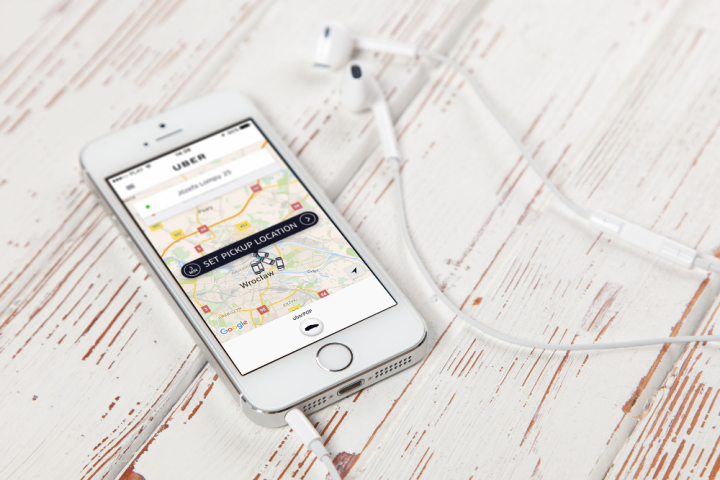
The matter stretches back to 2015, when Uber appealed a decision by the Australian Taxation Office that required Uber drivers to pay Australia’s goods and services tax (GST). The decision effectively classified Uber drivers as taxi drivers and, in turn, classified the ridesharing service as a taxi service. Uber appealed that decision and argued that, since its drivers do not use cab stands, do not wear uniforms, and do not pick up passengers from the streets, they should not be classified as taxi drivers.
Unfortunately for the ridesharing service, the Australian Federal Court did not agree and deemed that Brian Colin Fine, the driver who was named in the initial proceedings, offered taxi travel through Uber.
“I contend that, on 11 September 2015, Mr. Fine was supplying taxi travel as defined in … the GST Act when he was operating as an UberX partner,” said the judge who presided over the case. “That is because I consider that, at the time, he was supplying travel that involved transporting passengers by taxi for fares.”
As a result of the decision, drivers must register for the GST and pay the 10-percent tax, on top of the commission they pay Uber. Because Uber drivers are considered contractors, they were already responsible for their own tax arrangements.
An Uber spokesperson did not say whether or not the company will challenge the decision, though it was confirmed that it will provide information to drivers “as soon as we can.”
“We are reviewing the decision and will provide our driver-partners with more information as soon as we can,” said the spokesperson.


